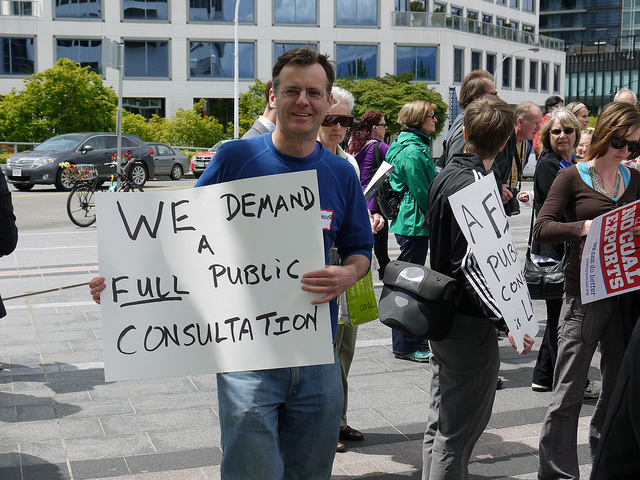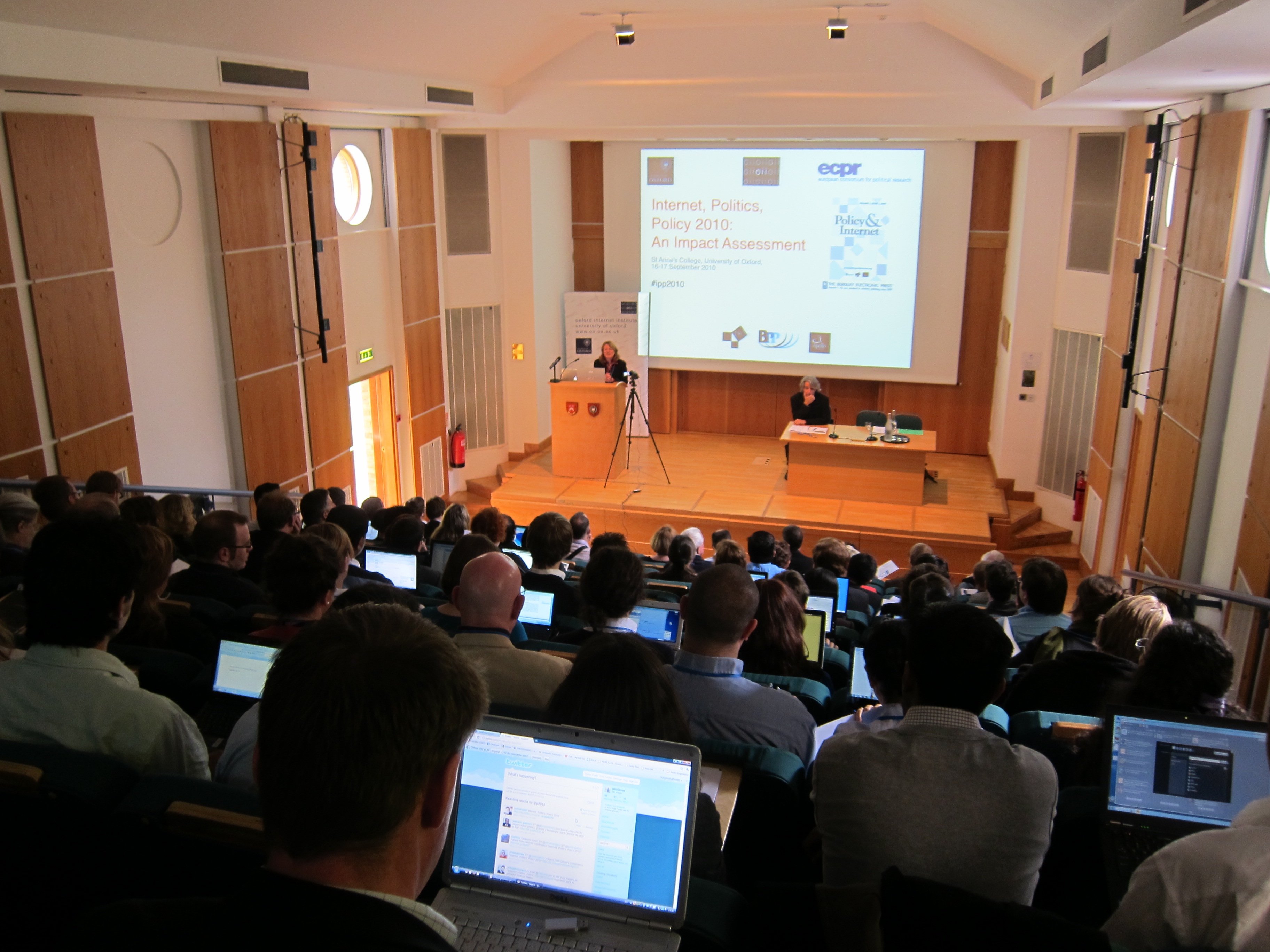Arthur Lupia has just been delivering the opening keynote on our very own conference “Internet, Politics, Policy 2010: An Impact Assessment” here in Oxford. He started by turning on the audience:
- What is our impact on the Internet?
- Have we been as effective as we could have been in changing people’s beliefs and behaviours?
However, this wasn’t about benchmarking success of researchers into Internet and Politics but about the question why many well-intentioned projects – be it making people participate in politics, be getting across the relevance of your ground-breaking research or whatever – ultimately fail.
Arthur Lupia’s main argument that many of these well-meant enterprises do not take into account sufficiently how people are. How they are is – according to Lupia – mainly defined by three broad influences:
- biology
- social behaviour (e.g. how we learn etc)
- political contexts
So in order to successfully persuade others (in any benign meaning of course) he posits three necessary conditions (implying that they might not be sufficient):
- attention: as people have a limited capacity to pay attention, your message will only get through if they feel its urgency and relevance for them
- elaboration: relate your message to the audience. People will only listen if it is unique and highly relevant to them. Ways to achieve this is by making it local, concrete and immediate but also by making the desired change possible, making clear that the desired effect is within reach
- credibility: Finally, credibility is key but this is not an absolute value but it is domain-specific. Credibility is bestowed on someone by the audience and depends on whether the audience believes (not matter if correctly) that you are knowledgeable and share their interests
See the summary by ICTlogy about the talk and the Q&A session. To follow the conference on Twitter on all over the Internet, look for the IPP2010 tag.








